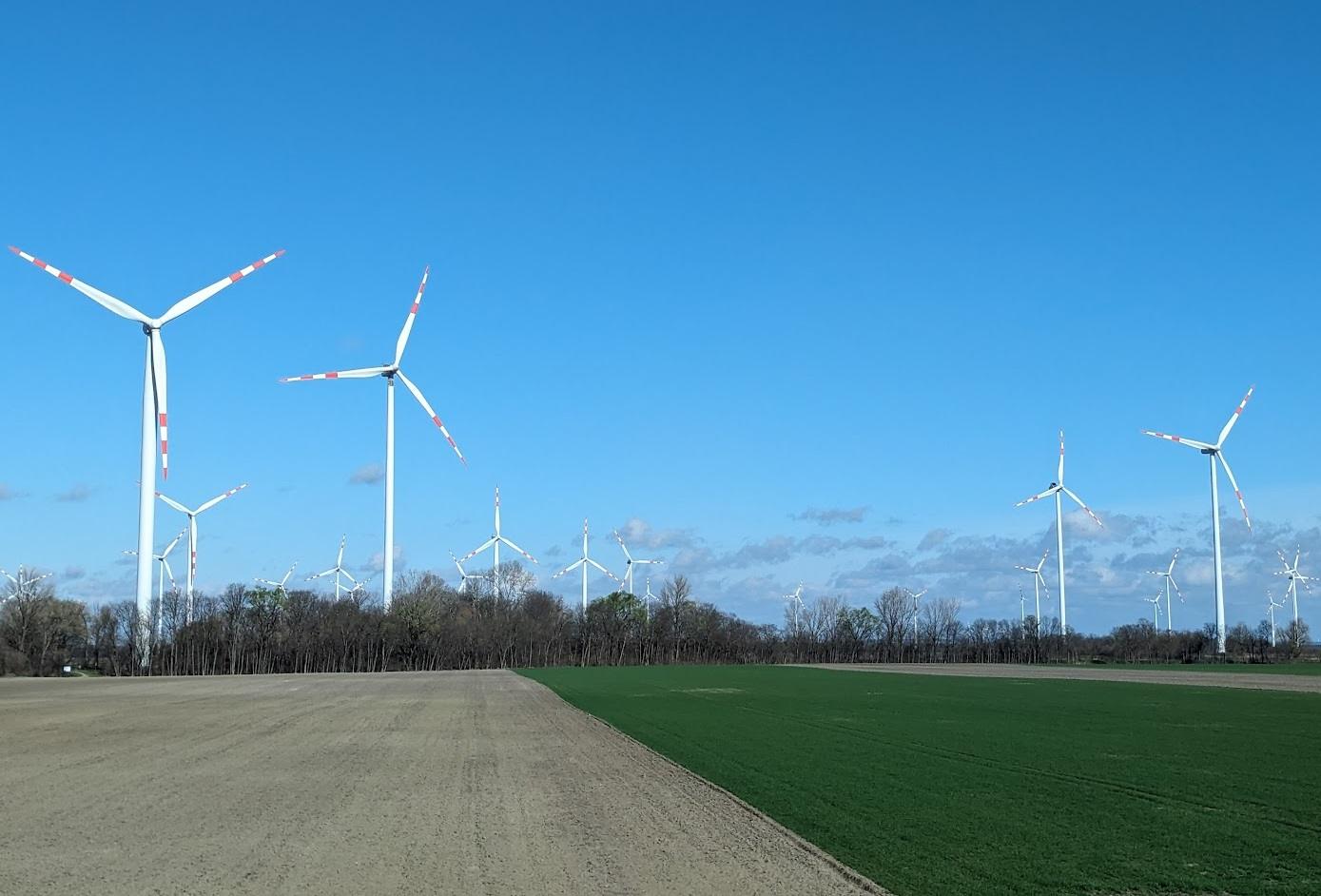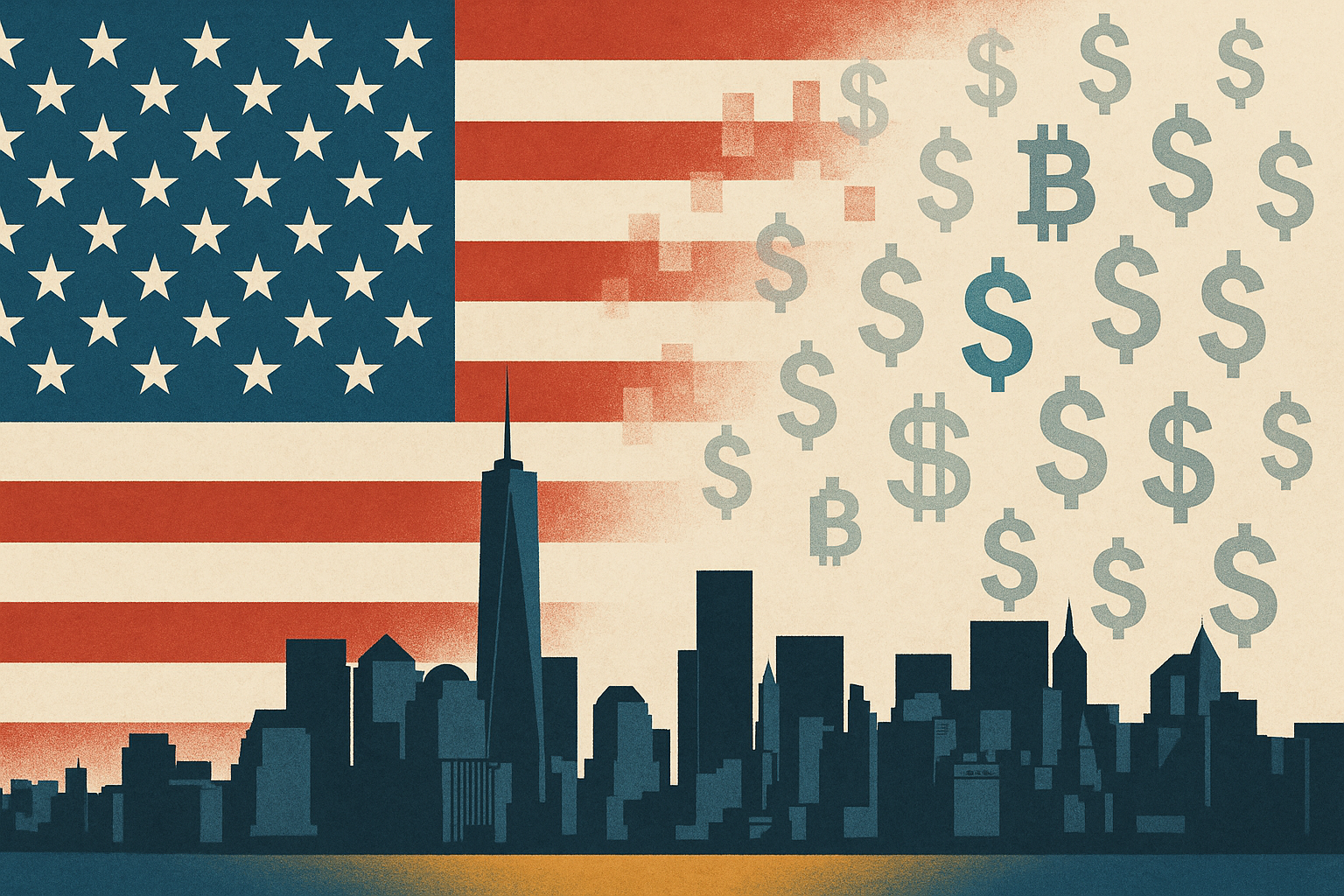In a busy week for environmental, social and governance (ESG) developments, major corporations, governments, and financial institutions unveiled a string of initiatives aimed at strengthening their commitments to sustainability and climate action.
State Street Global Advisors, one of the world’s largest asset managers, introduced a new sustainability-focused stewardship service. This initiative offers institutional investors enhanced support on engagement and proxy voting linked to ESG issues. The move reflects broader industry trends, as a recent survey by Morgan Stanley found that 80% of Gen Z and millennial investors intend to increase their allocations to sustainable investments this year. You can read more about State Street’s new service here.
Tech giants continued to lead the charge on climate technology. Google revealed it has signed agreements to tackle emissions of fluorinated gases—among the most potent greenhouse gases (GHGs)—and has committed to supporting three new advanced nuclear power projects. The company also signed a power purchase agreement (PPA) to extend the lifespan of the Netherlands’ first offshore wind farm.
Microsoft expanded its sustainability efforts with two major carbon removal deals. The first, with forest investment firm EFM, covers nature-based carbon removals totalling 3 million tonnes. In a separate announcement, Microsoft said it would scale up its agreement with Stockholm Exergi to remove 500,000 tonnes of CO₂ per year—potentially the largest such agreement to date.
Meanwhile, e-commerce giant Amazon announced it will roll out custom-fit cardboard and paper packaging across Europe, a shift designed to reduce packaging waste. Coca-Cola, in response to a greenwashing complaint lodged with the European Union, pledged to clarify its recycling claims and improve transparency in its sustainability communications.
In a notable development within the financial sector, Spanish energy company Iberdrola attracted its largest bond order book in four years with the launch of a green bond aligned with the EU’s new “gold standard” for sustainable finance, the European Green Bond Standard (EuGB). The bond drew strong investor interest, signalling continued confidence in green debt instruments. Learn more about the bond offering here.
From a governance perspective, India published a draft climate finance taxonomy to help steer capital flows toward net zero-aligned projects and sectors. The framework is part of wider ambitions to enhance climate resilience and sustainable investment on the subcontinent. Simultaneously, the European Commission launched a consultation to review and potentially revise the Sustainable Finance Disclosure Regulation (SFDR), aiming to simplify and improve the clarity of ESG-related fund labels.
In the US, ESG-related litigation intensified. Eighteen states filed suit against the Trump administration for halting offshore wind energy projects, citing environmental and economic repercussions. In a separate legal battle, Donald Trump and 24 Republican state attorneys general launched legal action against New York and Vermont for enacting laws that hold fossil fuel companies financially accountable for their contributions to climate change. These lawsuits come amid a broader backlash against ESG policies in conservative-leaning US states, as reported by Reuters.
Elsewhere in ESG finance, Schroders invested $610 million to buy a stake in a UK offshore wind farm from Danish energy group Ørsted. This move underscores growing appetite among institutional investors for renewable infrastructure assets. Other venture capital and private equity highlights included Power Sustainable’s $330 million fund launch focused on decarbonisation strategies, and Breathe, a startup specialising in battery technology, raising $21 million to develop more sustainable energy storage solutions.
Meanwhile, United Airlines announced an investment in Twelve, a technology company that converts carbon dioxide into sustainable aviation fuel, as part of its broader decarbonisation strategy.
Investor advocacy also made headlines, with a group representing $1.6 trillion in assets urging HSBC to reaffirm its commitment to achieving net zero emissions. The move reflects increasing pressure on financial institutions to align portfolios with global climate goals under frameworks such as the Glasgow Financial Alliance for Net Zero (GFANZ).
In leadership changes, IKEA appointed Lena Julle as its new Chief Sustainability Officer, marking a renewed focus on ESG strategy at the Swedish furniture retailer. At the same time, Erin Leonard stepped down from her role as Global Head of Sustainability at HSBC Asset Management.
Finally, Intercontinental Exchange (ICE) launched a new geospatial analytics tool to assist investors in assessing physical climate risks across corporate and sovereign portfolios—an innovation likely to gain traction as awareness grows around the financial threats posed by climate change.




